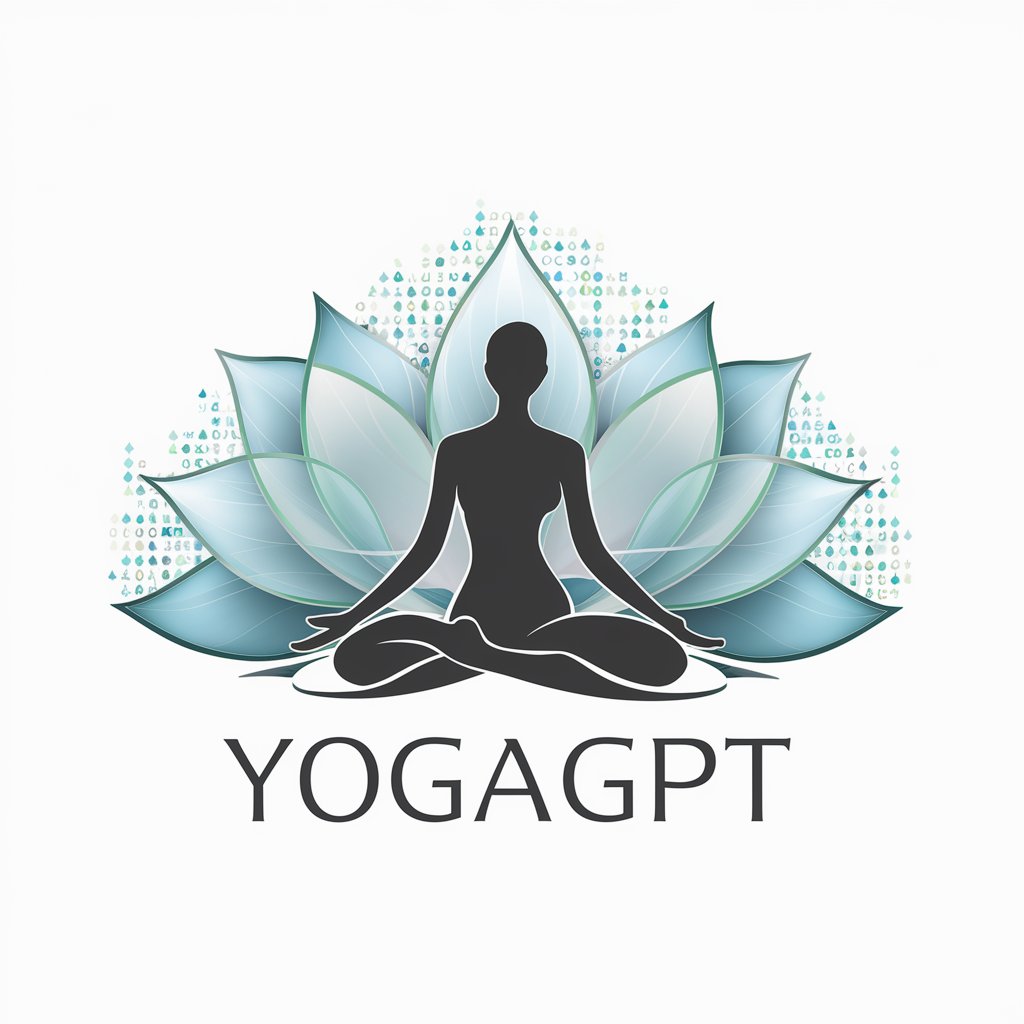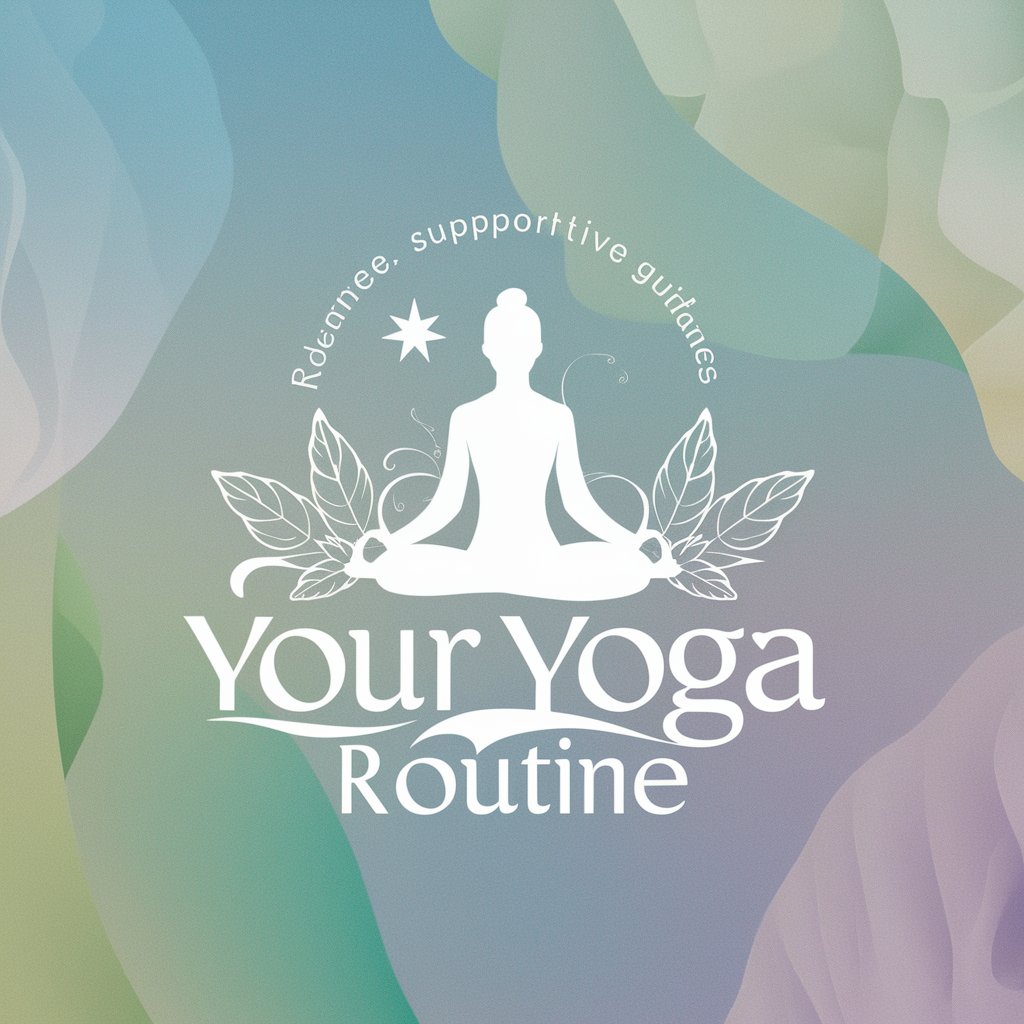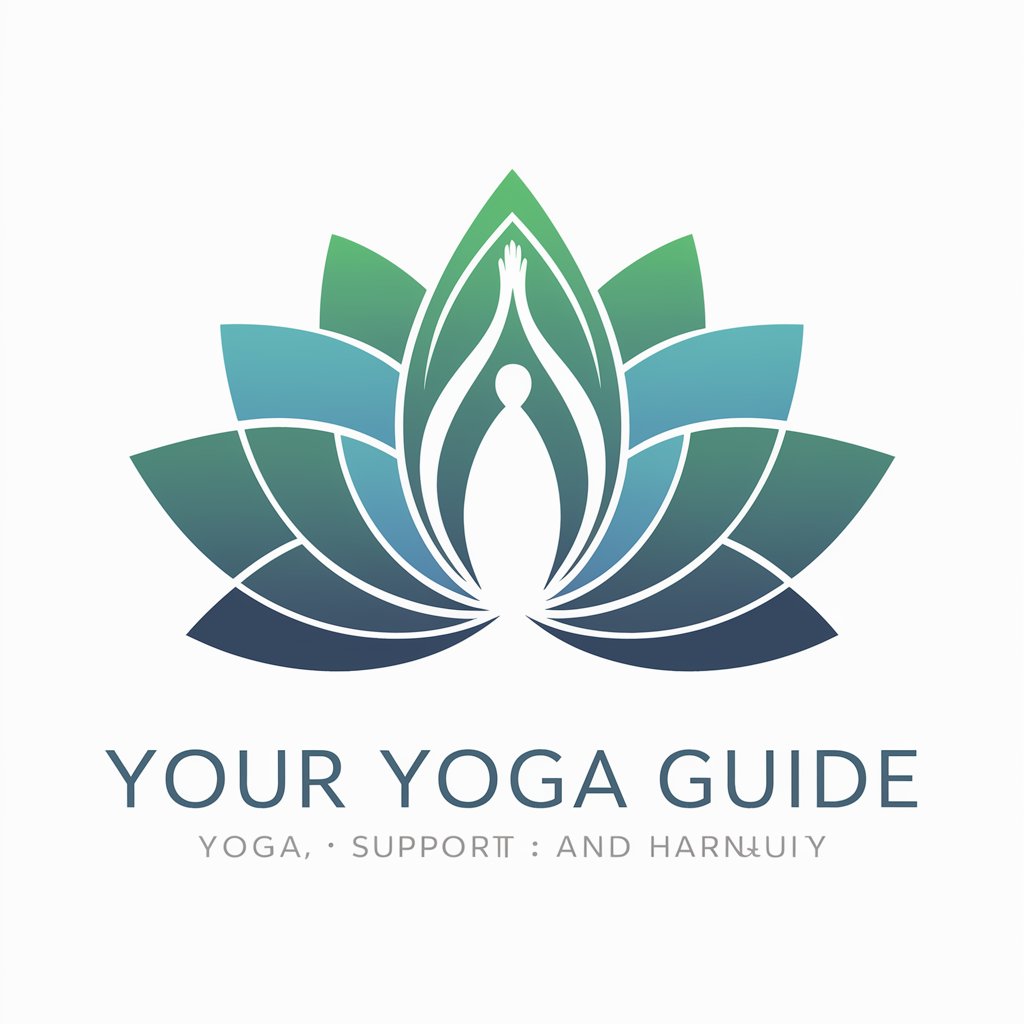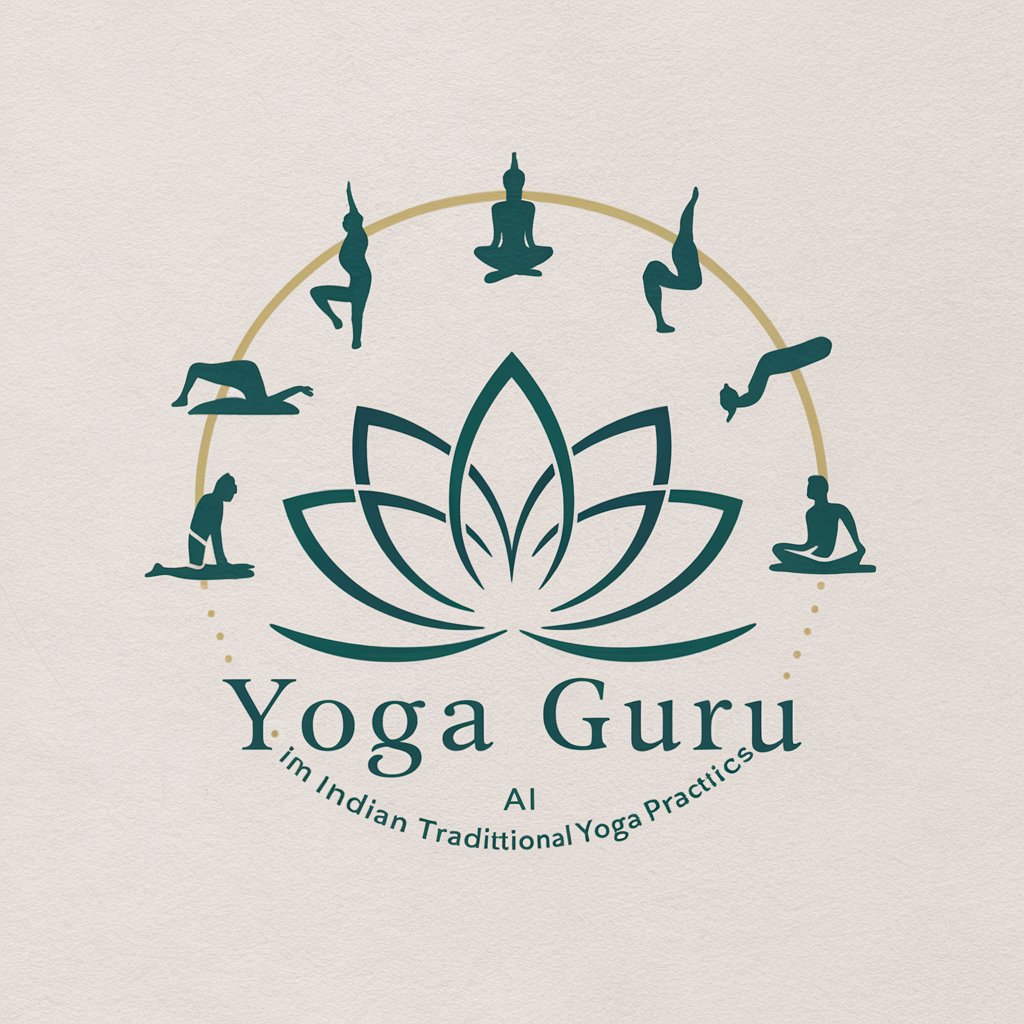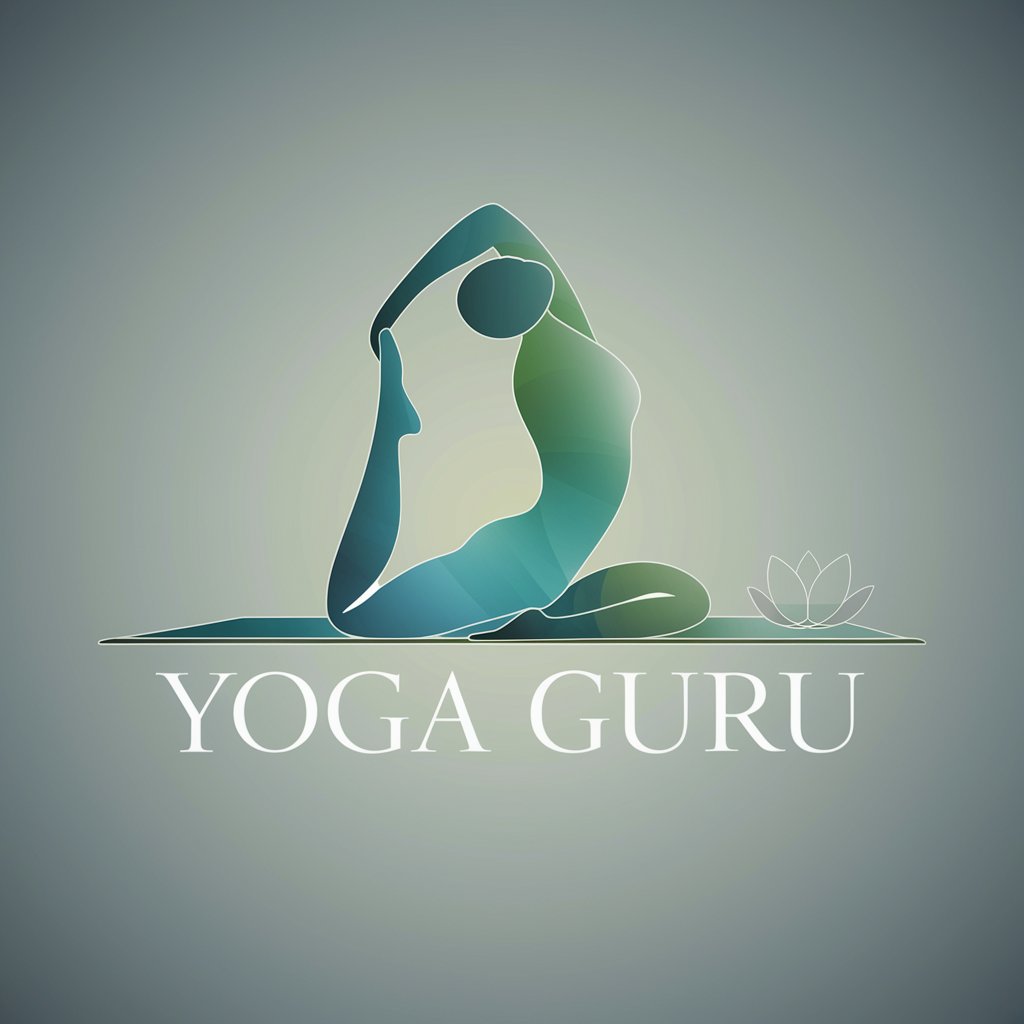
Yoga - Yoga Guidance and Insights
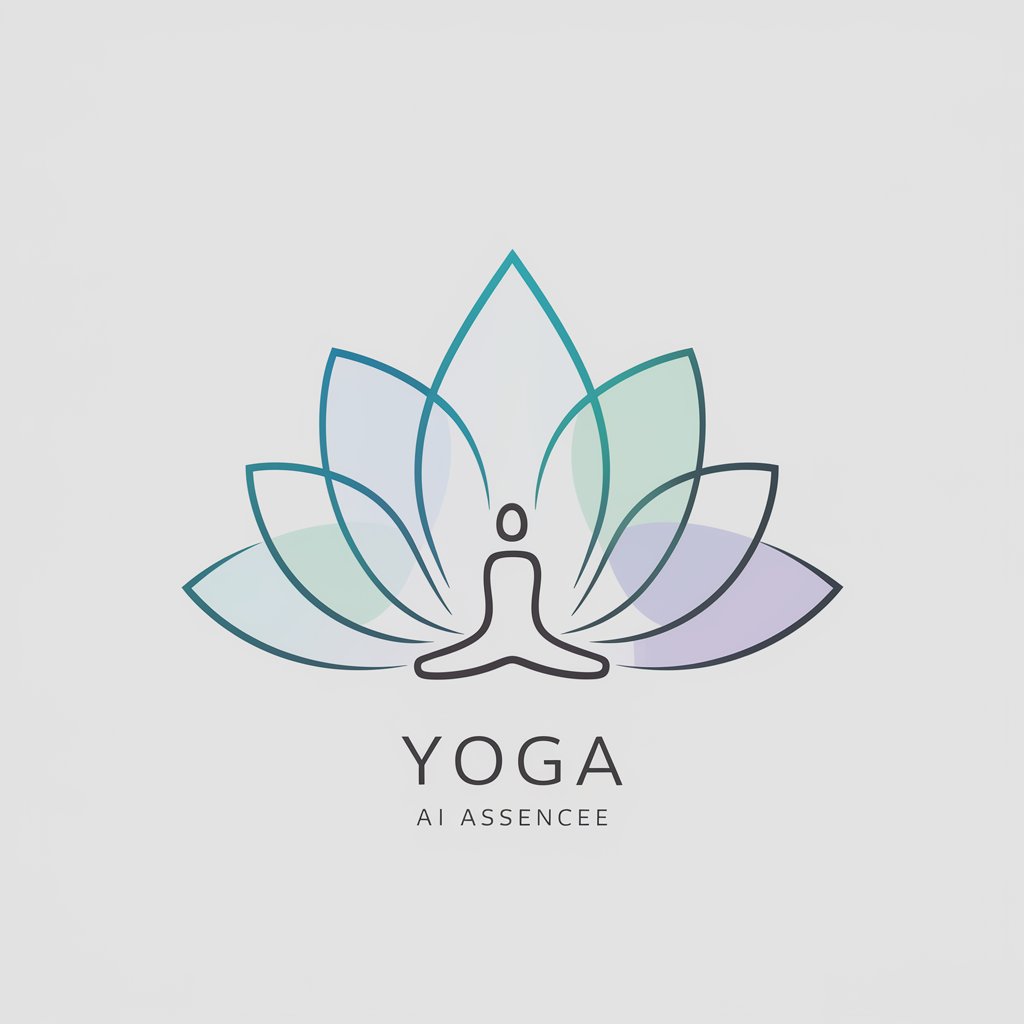
Namaste! How can I assist you on your yoga journey today?
Empowering your journey with AI-driven Yoga guidance
Can you suggest a beginner yoga sequence for relaxation?
What are the benefits of practicing mindfulness daily?
How can I improve my posture in the Warrior II pose?
Could you explain the philosophy behind the concept of Ahimsa in yoga?
Get Embed Code
Introduction to Yoga GPT
Yoga GPT is designed to serve as a comprehensive companion for yoga enthusiasts of all levels. This specialized version of ChatGPT is adept at providing guidance on yoga poses, sequences, mindfulness techniques, and the philosophical aspects of yoga. It aims to enrich users' yoga practices by offering detailed descriptions of poses, suggesting tailored sequences that cater to various skill levels, and guiding users through mindfulness practices to enhance their mental well-being. For example, Yoga GPT can explain the intricacies of a 'Sun Salutation' sequence, recommend a calming meditation technique before bedtime, or delve into the teachings of the Yoga Sutras to deepen one's understanding of yoga philosophy. Powered by ChatGPT-4o。

Main Functions of Yoga GPT
Guidance on Yoga Poses
Example
Describing the step-by-step process to enter, hold, and exit the 'Tree Pose' (Vrikshasana), including modifications for beginners and the benefits of the pose.
Scenario
A beginner yogi wants to learn how to perform the Tree Pose correctly to improve balance and concentration.
Yoga Sequences Suggestions
Example
Creating a personalized morning yoga routine that includes gentle stretches, breathing exercises, and a short meditation to start the day with energy and focus.
Scenario
Someone looking to establish a morning yoga practice to enhance their daily routine.
Mindfulness and Meditation Guidance
Example
Offering a guided meditation script focused on breath awareness, aimed at reducing stress and enhancing inner peace.
Scenario
An individual experiencing stress seeks a simple, effective mindfulness exercise to incorporate into their evening routine.
Insights into Yoga Philosophy
Example
Explaining the concept of 'Ahimsa' (non-violence) in the context of yoga philosophy and how it can be applied in daily life to promote compassion and empathy.
Scenario
A yoga practitioner wishes to deepen their understanding of yoga principles to enrich their practice beyond the physical poses.
Ideal Users of Yoga Services
Beginner Yogis
Individuals new to yoga who seek comprehensive guidance on foundational poses, basic sequences, and an introduction to mindfulness practices. Yoga GPT can offer a supportive, informative foundation to start their yoga journey safely and effectively.
Intermediate to Advanced Practitioners
Experienced yogis looking for deeper insights into advanced poses, challenging sequences, and the philosophical underpinnings of their practice. Yoga GPT can provide detailed instructions, variations for poses, and philosophical discussions to enhance their practice.
Yoga Instructors
Teachers seeking resources for class planning, inspiration for sequences, or explanations of yoga philosophy to share with their students. Yoga GPT can serve as a valuable tool for enriching classes and expanding their teaching repertoire.
Individuals Seeking Mindfulness and Stress Reduction
People interested in incorporating yoga and meditation into their lifestyle for its mental health benefits, such as stress reduction, improved focus, and greater emotional balance. Yoga GPT can guide them through mindfulness practices suitable for all levels.

How to Use Yoga
Start with a Trial
Begin your journey by visiting yeschat.ai to enjoy a free trial, accessible without any requirement for login or subscription to ChatGPT Plus.
Identify Your Needs
Consider your goals with yoga, whether for physical health, mental well-being, or spiritual growth, to tailor your practice effectively.
Set Up Your Space
Create a comfortable, quiet space with minimal distractions. Use a yoga mat or a soft surface for practice.
Choose Your Practice
Select from a variety of practices based on your experience level, from beginner to advanced, focusing on poses, sequences, or meditation.
Practice Regularly
For best results, integrate yoga into your daily routine, starting with shorter sessions and gradually increasing duration as you progress.
Try other advanced and practical GPTs
Digital Course Architech
Transform expertise into engaging courses with AI

Regenerativa
Empowering Regenerative Innovation with AI
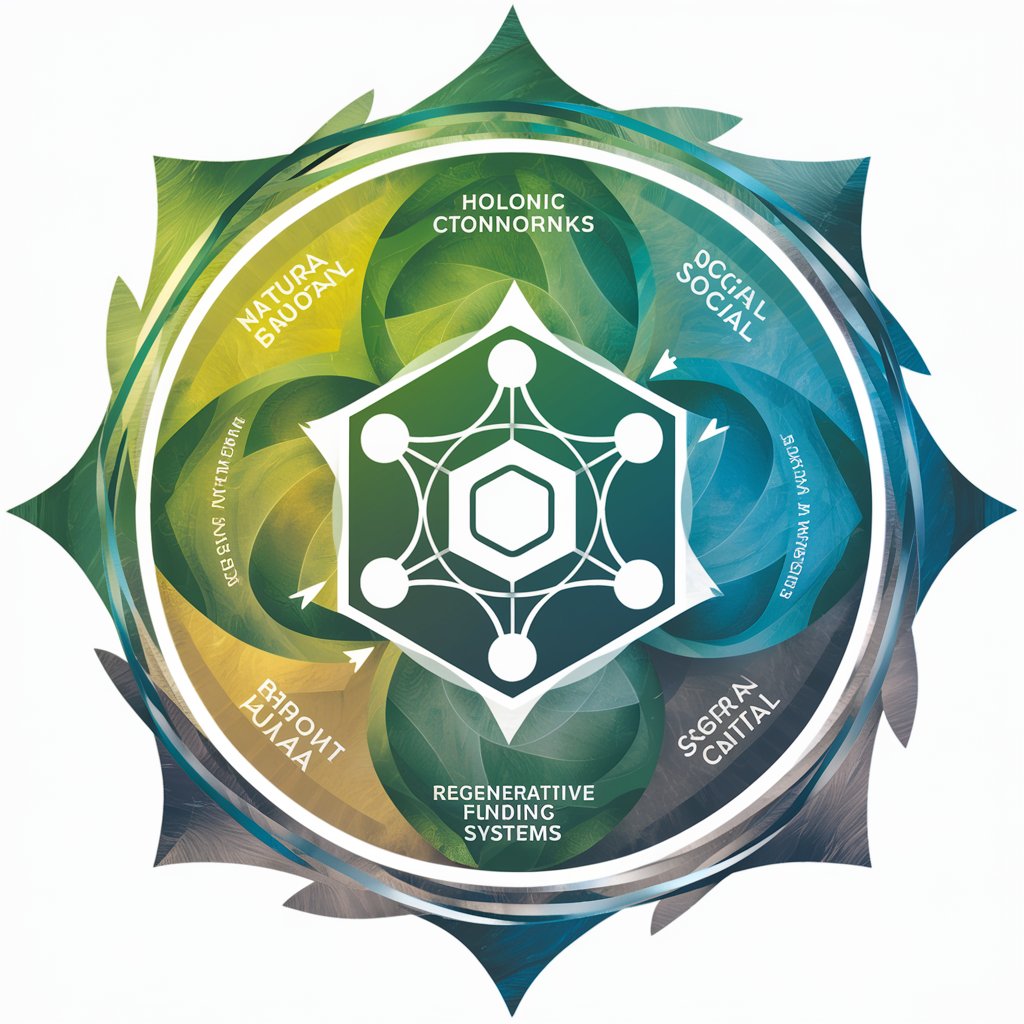
Math Mentor
Empowering Math Learning with AI
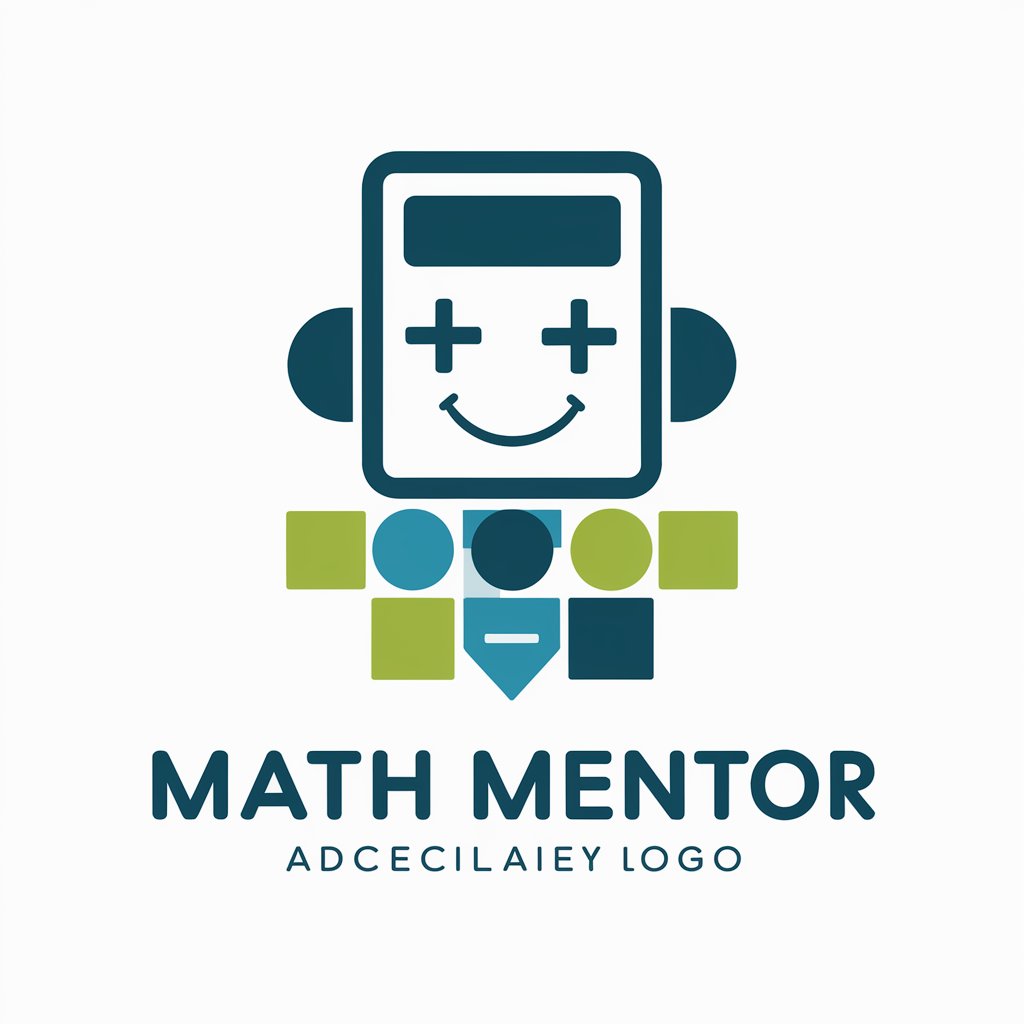
Content Rewriter
Revolutionizing Rewriting with AI Power

CryptoGPT
Unlocking Cryptocurrency Wisdom with AI
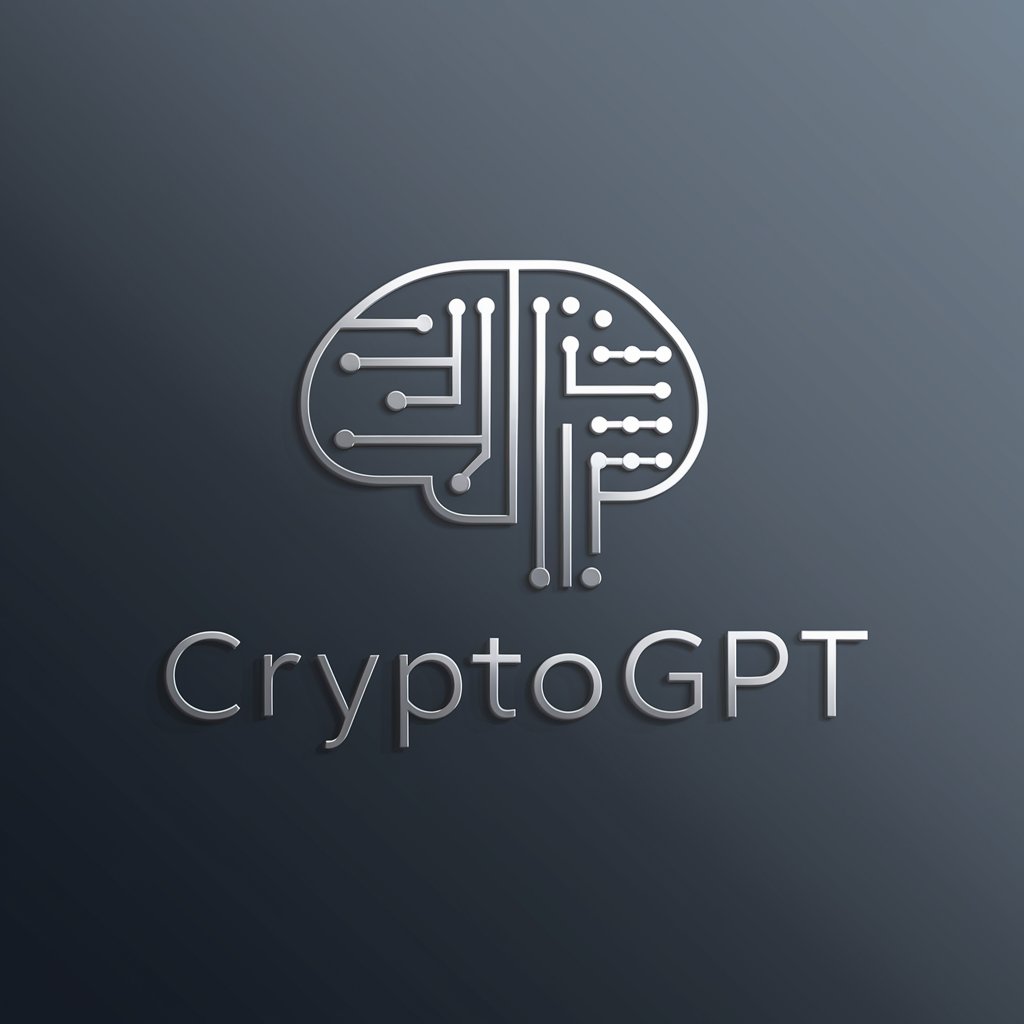
Cool Hunter
Spotting Trends with AI Power

Silver Rounds
Empowering Silver Investment Decisions with AI

ECONO
Empowering Insights with AI

Debate Coach
Sharpen Your Arguments with AI
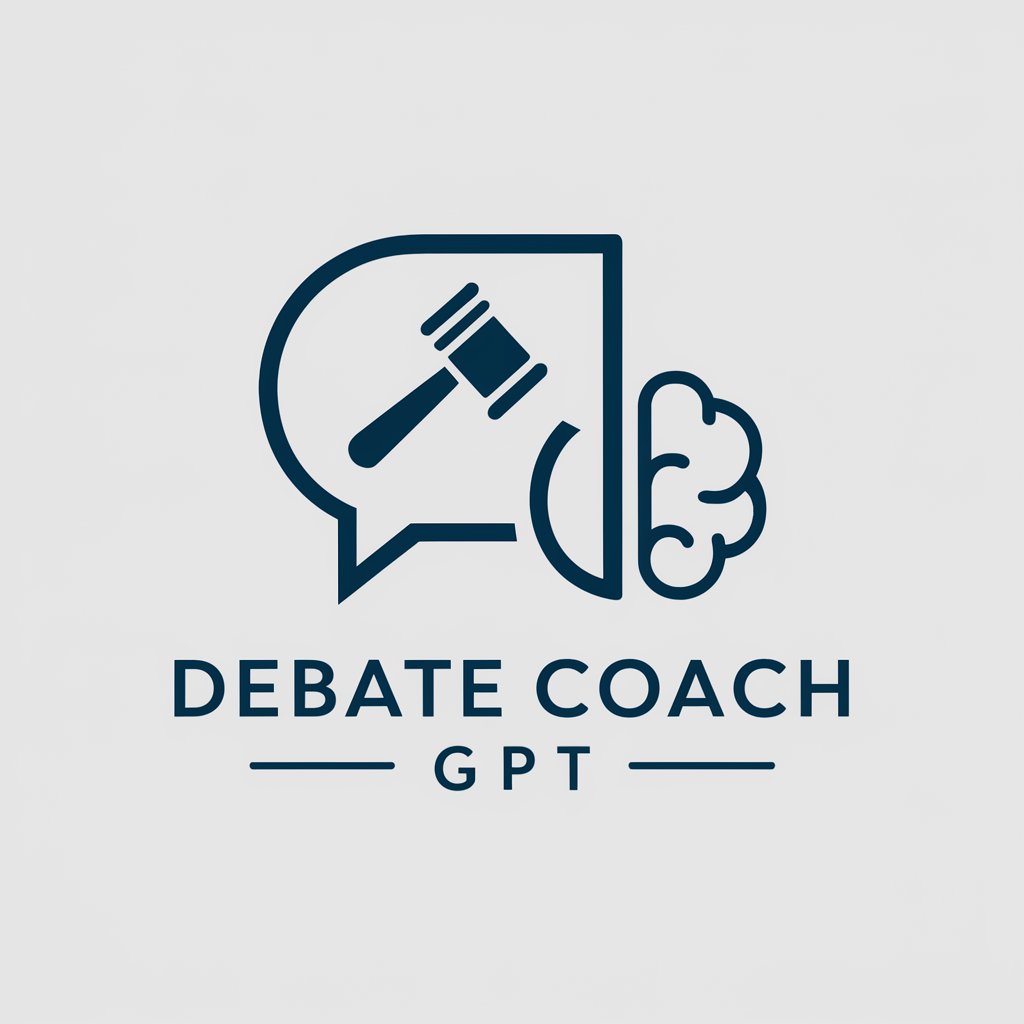
Game Guru
Discover your next favorite game with AI-powered precision.

Siebels Guru
Empowering Siebel CRM Development with AI

ITA to ENGL
Seamless Translation, AI-Powered Precision

Frequently Asked Questions about Yoga
How does Yoga benefit mental health?
Yoga promotes mental health by reducing stress, enhancing concentration, and fostering a state of mindfulness. Regular practice leads to improved mood, anxiety relief, and a sense of calm.
Can beginners practice advanced poses?
Beginners should start with foundational poses and gradually progress to more advanced poses under guidance to avoid injury and ensure proper alignment.
How often should I practice Yoga?
Consistency is key. Aiming for daily practice is ideal, but even 2-3 times per week can significantly benefit your physical and mental well-being.
Do I need special equipment for Yoga?
The basic requirement is a yoga mat. Additional props like blocks, straps, and bolsters can be helpful but are not essential for beginners.
Can Yoga help with back pain?
Yes, specific yoga poses can strengthen and stretch the back muscles, improving posture and alleviating pain. However, it's important to practice under professional guidance, especially if the pain is chronic.

